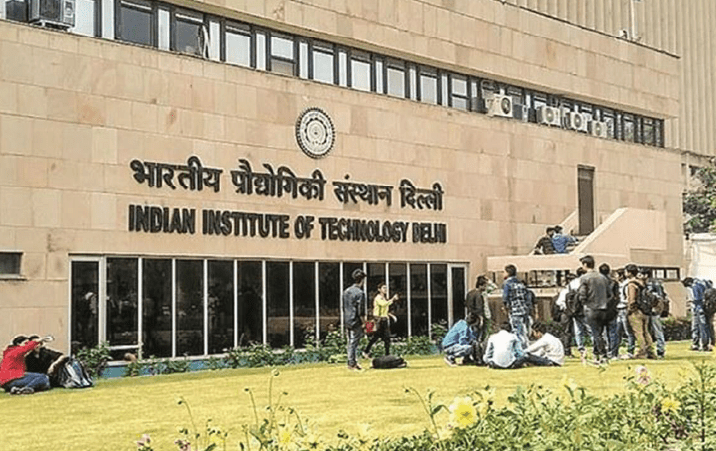The centre has formed a 16-member committee comprising directors of seven IITs and vice-chancellors of four central universities to prepare a roadmap on the demand “from various quarters” to allow overseas campuses” of Indian universities. The development comes on the back of IIT Delhi’s proposal to open centres in Saudi Arabia and Egypt.
The committee, headed by IIT Council Standing Committee Chairman Dr K Radhakrishnan, has been asked to “submit a framework/structure for the opening of campuses abroad by Higher Education Institutes after examining the existing provisions for the opening of offshore campuses” by March 17.
The committee members include directors of seven IITs — Mumbai, Delhi, Kharagpur, Madras, Kanpur, Guwahati, Dhanbad — and the vice-chancellors of Delhi University, Jawaharlal Nehru University, Banaras Hindu University, University of Hyderabad, and the Director of the Indian Institute of Science, Bengaluru. Its mandate includes drawing up the administrative, financial, and legal framework of the proposed overseas campuses.
The proposals, including that of IIT Delhi, will be placed before the committee. Among the highlights of IIT Delhi’s proposed overseas campuses are four-year undergraduate courses, an annual intake of up to 240 students in four branches based on SAT scores, and campuses spread over 100 acres that are close to major cities with good air connectivity.
The premier engineering school’s proposal marks its second attempt to expand abroad. Its previous attempt to set up a research academy in Mauritius under an agreement with the Mauritius Research Council had run into a controversy in 2014 following objections raised by the Human Resources Development Minister Smriti Irani.
“The operational safeguard required for insulating the parent institute vis-a-vis its offshore campuses from liabilities as per law of foreign country” is also among the terms of references of the Radhakrishnan committee.
A senior Education Ministry official said the committee has so far met once where discussions were held on whether the IITs should collectively start one campus abroad or should each IIT compete individually abroad.
“And why just IITs? Many other central universities have the necessary expertise to launch off-shore campuses. The committee will provide a roadmap. IIT Delhi is an institute of eminence and has an autonomous decision-making structure. But any proposal that involves funds will require the ministry’s approval,” the official added.
According to the structure outlined by IIT-D, the proposed campuses — which will be headed by directors appointed by the chairman of the Board of Governors of the Delhi centre — in Saudi Arabia and Egypt will have to be financially supported by stakeholders based in those countries, including their governments, the industry or philanthropic donors.
“An alternate model would be to set up the KSA campus [Kingdom of Saudi Arabia] as a for-profit entity. This would have the advantage of attracting potential investors who could provide the capital needed to set up the campus. However, IIT Delhi has no experience in working with such a model and while it might be willing to explore the possibility this would not be its priority,” it said in the draft proposal.
In line with the National Education Policy, the Centre had last year issued guidelines allowing institutions of eminence such as IIT Delhi to open overseas campuses with the prior approval of the Ministry of Education and no-objection certificates from the Ministry of External Affairs and Ministry of Home Affairs.
“The campus would admit 60 students in each discipline each year and this would imply 240 students in each cohort and roughly 1,000 students and 60 faculty members on campus after 4 years,” says the IIT-D proposal. Students will spend their final year of the course in the Delhi campus, it adds.
Of the total faculty members, 60 per cent are proposed to be either Saudi-based or from Egypt. The recruitment of teachers, who will be expected to spend one semester every three years at the India campus, will be carried out by IIT Delhi.
The proposal includes the creation of “ultra-modern laboratories and classrooms”, dormitories, food courts, sports facilities, 150 apartments to house teaching and non-teaching staff on a 100-acre campus “close to a major city having good air links to Delhi.”
“The adjoining city should have good educational and medical facilities to cater to the needs of teaching and scientific staff that would be housed on the campus,” it pitches.
Courtesy: Indianexpress








